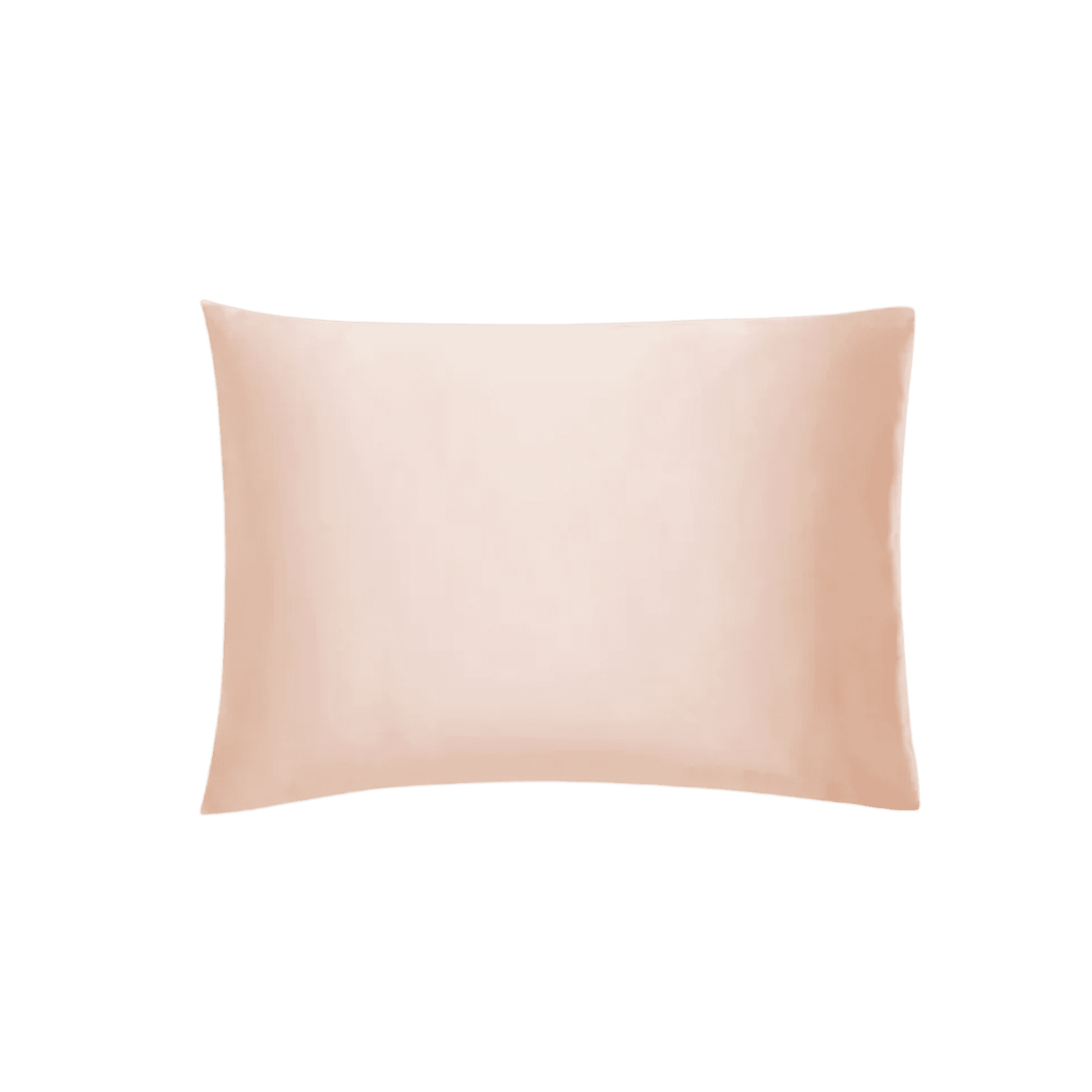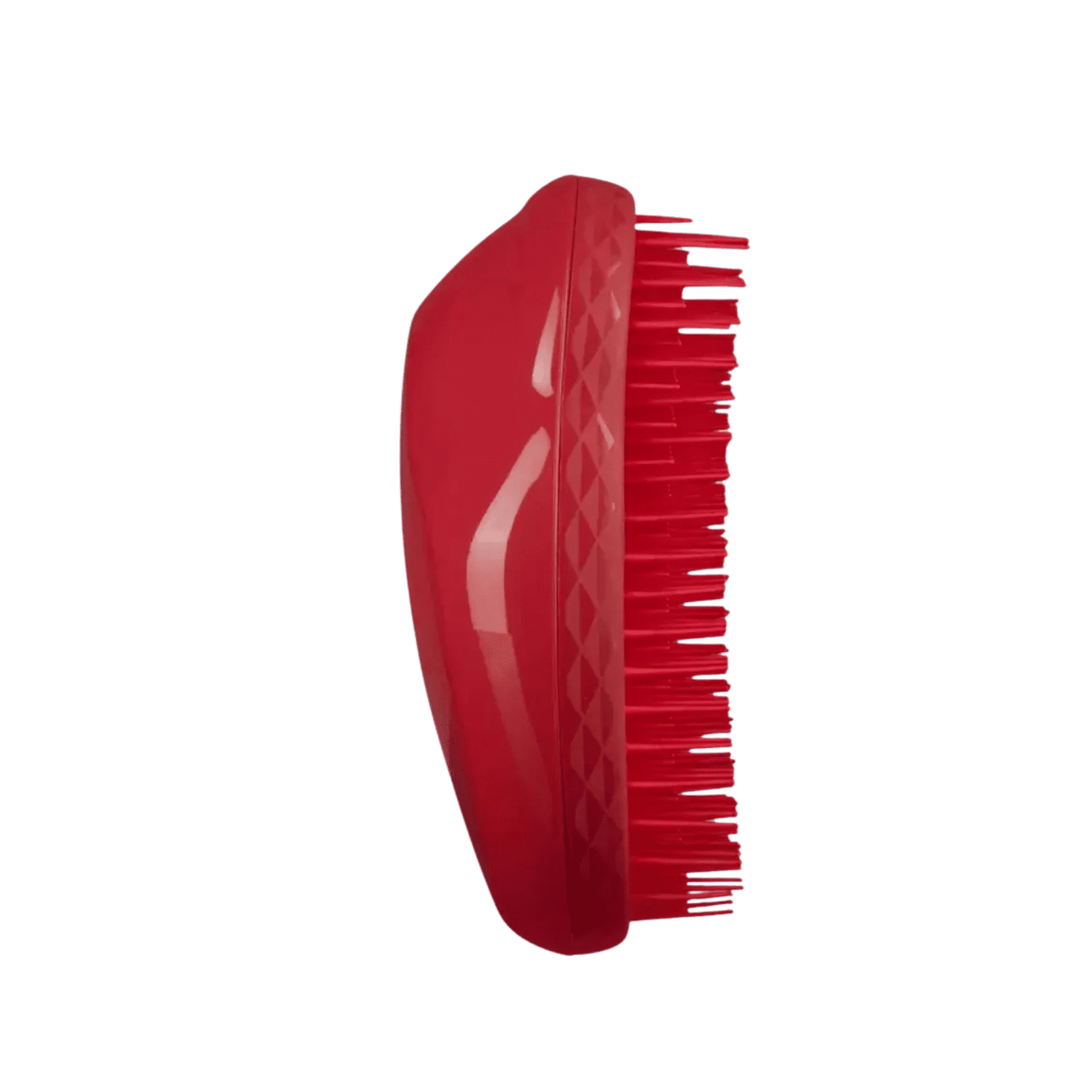Masha Kotliarenko / Unsplash
Waking up with a head full of bouncy, swishy hair is the eternal dream—but unless you’re starring in Barbie, you might need a more concrete plan than hope to make that dream come true. Over the years, I’ve aimed to banish bedhead with the aid of overnight hair masks and serums, but nothing really helped until I made the switch to a silk pillowcase.
It’s claimed that sleeping on silk offers endless benefits for your hair, as well as your skin—but a pure mulberry silk pillowcase doesn’t come cheap. Is the hype worth it? Eager to see if the hype delivered, I nodded off with my head on a baby-blue mulberry silk pillowcase and hoped for the magic to unfold.
The good news first: sleeping on a pure silk pillowcase is truly an unparalleled experience. Did it offer the dramatic before-and-after hair transformation I had hoped for? Not exactly. But making the switch to silk had its benefits. For starters, I noticed fewer hair strands on the pillow when I woke up in the morning. The usual detangling routine that monopolized my mornings was reduced to a quick swish with the Tangle Teezer, and voila, my hair was devoid of flyaways.
A quick chat with Madhuri Agarwal, MD, founder of Yavana Aesthetics Clinic, validated my findings. “While silk pillowcases may not have a pivotal role to play in hair loss and breakage, they can certainly offer a reprieve for those dealing with dry, frizzy hair,” she says. So, what do silk pillowcases have that their cotton or linen counterparts cannot offer? “The natural properties of silk offer less static, which reduces the friction in hair, thereby reducing hair damage and split-ends.” Whereas cotton pillowcases, she goes on to explain, tend to absorb moisture, making hair drier.
If you are looking to dial back hair breakage as you sleep, Dr Agarwal believes the following measures can help:
- Avoid sleeping with wet hair, as the hair shaft tends to break easily in this weak state. The hydrogen bonds are more flexible in wet hair and are more susceptible to breakage.
- Stay away from tight braids or buns while sleeping. Also, do not use rubber or metal clasps or bands to tie the hair while sleeping; this can lead to more breakage and hair loss. When possible, sleep with your hair open or tied in a loose braid.
- Ensure that you always detangle your hair before sleeping. This will prevent the knots from getting worse as you sleep and minimize breakage as you detangle your hair in the morning.
- A gentle scalp massage with your fingertips will stimulate blood circulation and provide the moisture and hydration needed for scalp health.
- For further protection, you can apply a hair repair serum or mask as per your hair type to ensure added hair nourishment and reduce hair breakage as you sleep.
This article was originally published on Vogue.com.








